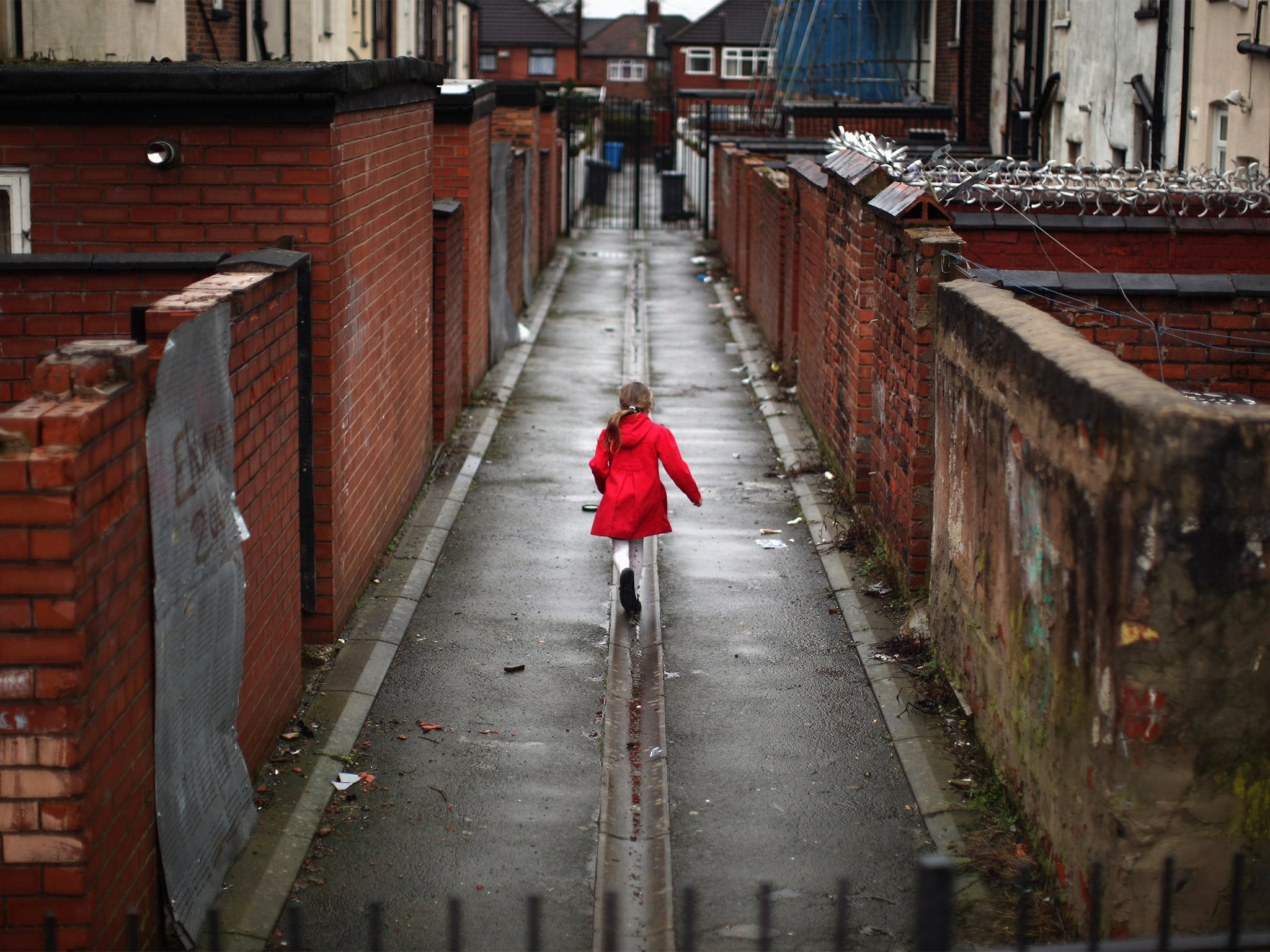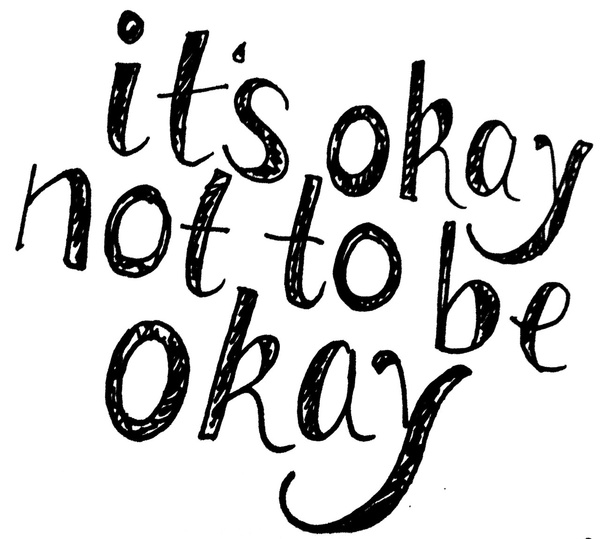Self-harm rises among young girls
Share:

There has been a “sharp rise” in self-harm among girls aged 13-to-16-years-old, according to a new BMJ study.
Self-harm is the process of deliberately hurting yourself in one or more of many ways, including cutting, burning and hitting/bruising yourself.
The study focussed on data collected from GP practices around the UK in 2011-2014 and found that even despite the rise in the number of girls self-harming, GPs could be better at identifying issues of self-harm.
During the three-year period researches from the University of Manchester looked at, there was a 68% increase in self-harm among the girls aged 13 to 16, who were studying in secondary school education at the time. 17,000 patients from over 600 GP surgeries were looked at in the research and the results have sparked debate across the country.
The 68% rise will be higher in reality – many cases go unreported

Perhaps the most worrying aspect of this study is that the research can only show us the numbers of self-harm cases recorded. There are many young people – boys and girls – who self-harm and never receive any professional medical help. As a result, the figures collected during this study will still not be accurate and in reality, it is entirely plausible that the 68% increase is indeed higher.
Young people in deprived areas get the least help according to the report

The study also found that young people who are living in the most deprived areas of the UK are least likely to be referred to specialist services dedicated to mental health.
This further adds to the obvious disparity between classes and privilege in this country, showing that young people who often do not have access to many opportunities at the best of times are not even getting the access to vital mental health services when they are at their most vulnerable.
The NSPCC has called the figures “heart-breaking” and noted that it had held more than 15,000 counselling sessions dealing with self-harm in 2016.
Getting help

If you are struggling right now with your mental health or just feel like you need someone to talk to, you are not alone.
It may help for you to speak to a friend, family member, teacher or GP. However, if you don’t feel up to that, there are other people you can speak to anonymously and for free:
- ChildLine (for under 18s): call 0800 1111 or download their app (For Me) where you can talk to someone online.
- Samaritans (for anyone struggling with anything): call 116 123
